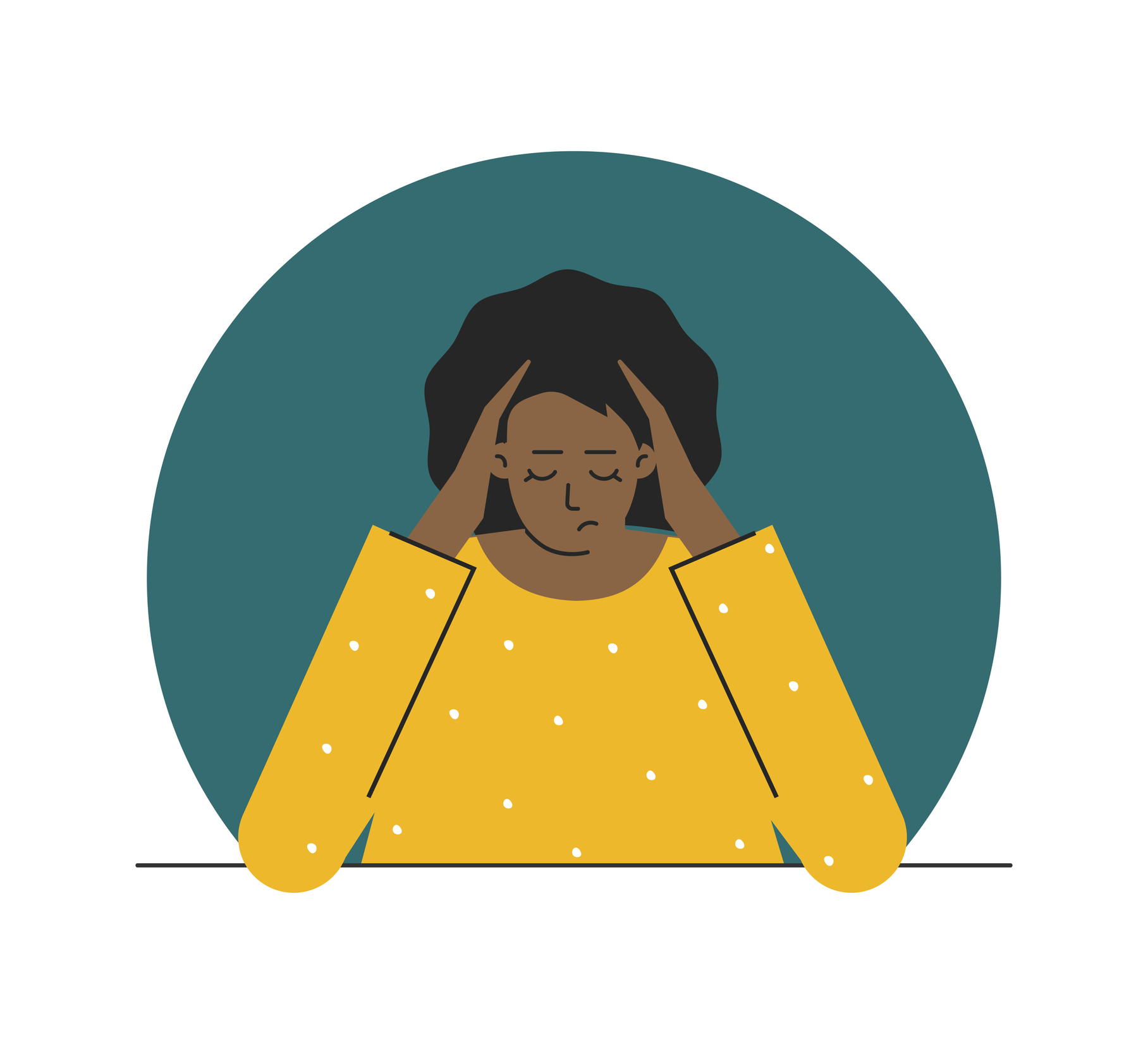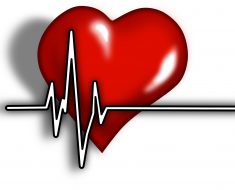Are you feeling tired and over-stressed this Christmas? Sometimes, when you take a break, it gives burnout symptoms a chance to surface before they fully hit home. Here’s why, and what to do about it.
A few years ago, I was going through a stressful time at work and in my personal life – but things only came to a head when I took time off.
I had booked two weeks’ leave in the hope that it would recharge me; instead, it was during that period that I realised quite how wrung out I was. I found it hard to sleep, to wind down, to enjoy myself as I normally would, or even to focus on simple, non-work tasks.
A therapist I saw at the time explained that I was on the cusp of burnout. As long as I kept working I could churn on (for a while, and with things getting progressively worse). But that small time out had allowed my body to relax enough to drum up some major warning signals.
After a year that has seen unparalleled levels of uncertainty, stress and loneliness, thousands more people will undoubtedly be in a similar position to me back then.
Having pushed through the last few days of work, now you’re using the Christmas break to try to recover and recoup. But – festive stresses aside (the impact of family politics is real and a burden all of its own) – it’s possible that you are struggling to relax in the way you’d expect to in “normal” times.
Of course, most of us take a good few days to switch off during a holiday in any case; jumping from work to play mode is a mental leap that requires a certain amount of time to navigate. Yet, this down time – when you’ve finally had a moment to catch breath – is also a period where more serious symptoms of burnout tend to rear their head.
If you feel like you could be in this place of semi-burnout, here are a few warning signs to look out for – and what to do next.
You’ve barely limped through

That feeling that you’ve only just made it through to the holidays before collapsing? That alone is a reason to slow down and reassess. If you work for an organisation, this may be something that you can discuss with your boss or HR department.
“The holidays shouldn’t be a time to recharge. They should be a time to celebrate,” Wharton School professor Adam Grant tells Forbes. “If work is exhausting people to the point that they’re using their time off to recover, you might have a burnout culture. A healthy organization doesn’t leave people drained in the first place.”
Yet it’s also something you personally should be aware of. If you’re exhausted to the point of crashing into your Christmas time off, you may want to think about introducing broader lifestyle changes (more sleep, fewer commitments, less pressure) that will help replenish your energy levels.
You’re suffering from a rest deficit

Another telltale sign that you may be flirting with burnout this Christmas is if you still feel tired even after lots of sleep.
“We like the thought of it being simple – that if we go to sleep that should solve all of our restorative needs – but unfortunately, there are types of rest that sleep cannot solve,” Dr Saundra Dalton-Smith, a physician, researcher, speaker and author of Sacred Rest, tells Stylist.
These types of recovery might cover anything from emotional rest – where you find space to identify and express how you really feel – to creative rest, where you come up with the energy to generate new ideas.
Crucially, however, suffering from a rest deficit is your cue to reset how you think about the division between work and rest. “I’d like for people to really break away from that thought process of ‘I need a vacation or time off three times a year, and I’ll recover during those periods,’ because that’s a very sad life, if you’re depleted all the time until that vacation,” says Dr Dalton-Smith
“We have to have an ongoing recovery process that we can incorporate into the middle of our day. Because that’s the goal – to live a well-rested life, where you’re still producing at a high level, but you’re also recovering between all that production.”
You’re more irritable than usual

According to the NHS, feeling irritable is a key sign of “physical, mental and emotional exhaustion” – aka burnout.
Christmas, with all its expectations and family drama, may be a time when tempers are often frayed in any case. But if you find yourself more easily rattled than usual, it’s worth paying attention to that emotion. Is the anger you’re feeling fuelled by a mulled wine hangover, or having to share a room with your eight-year-old nephew? Or is it something that’s less specific but cuts a little deeper?
Creating awareness of the way you speak to yourself also features prominently in this category. “Notice if you are talking to yourself in a critical way, such as saying ‘I can’t see a way forward,’ and try to reframe your thoughts in a more compassionate way,” Lisa Kramer, business psychologist at the digital mental health platform Kooth, tells Stylist. “For example, try telling yourself ‘I am doing my best’ and asking, ‘Who might be able to help me?’”
Next steps: stop, look and listen
If you notice any of the signs above during your Christmas break, or any other common symptoms of burnout, don’t panic. Chronic stress is so insidious, it can often creep up without us noticing it much. So if you are catching a few warning signs on your time off, you are developing awareness – the first step to stemming the tide, and creating positive change.
To better understand what you’re experiencing, it’s a great idea to start a diary of your feelings to build a picture of what is creating stress in your life and when. The mental health charity Mind also suggests a series of simple yet effective steps towards easing burnout that you can introduce next year, including finishing work on time and asking for help when you need it.
In the video above posted this week, life coach Mel Robbins suggests using the time between Christmas and the new year to rest. To really take time out, to sleep, to read; to give your body the tools it needs to shake off the stress of this year.
If you’re starting to suffer from signs of burnout, it might be a smart strategy to amplify this approach. To think about how you can, in the words of Robbins, give yourself a break and “work in first gear” – not just now but in all areas of life in 2022.
How can you cut yourself slack, create more time, more joy and take away the pressures of life? It may take some careful thought and dramatic action. But it’s in starting to answer these questions that chronic stress can be better managed and kept at bay.
If you, or someone you know, are worried about their mental health, you can find support and resources on the mental health charity Mind’s website, with NHS Every Mind Matters or access the NHS list of mental health helplines and organisations.
If you are struggling with your mental health, you can also ask your GP for a referral to NHS Talking Therapies, or you can self-refer here. For confidential support, you can also call the Samaritans in the UK on 116 123 or email [email protected].
Images: Getty
Source: Read Full Article





